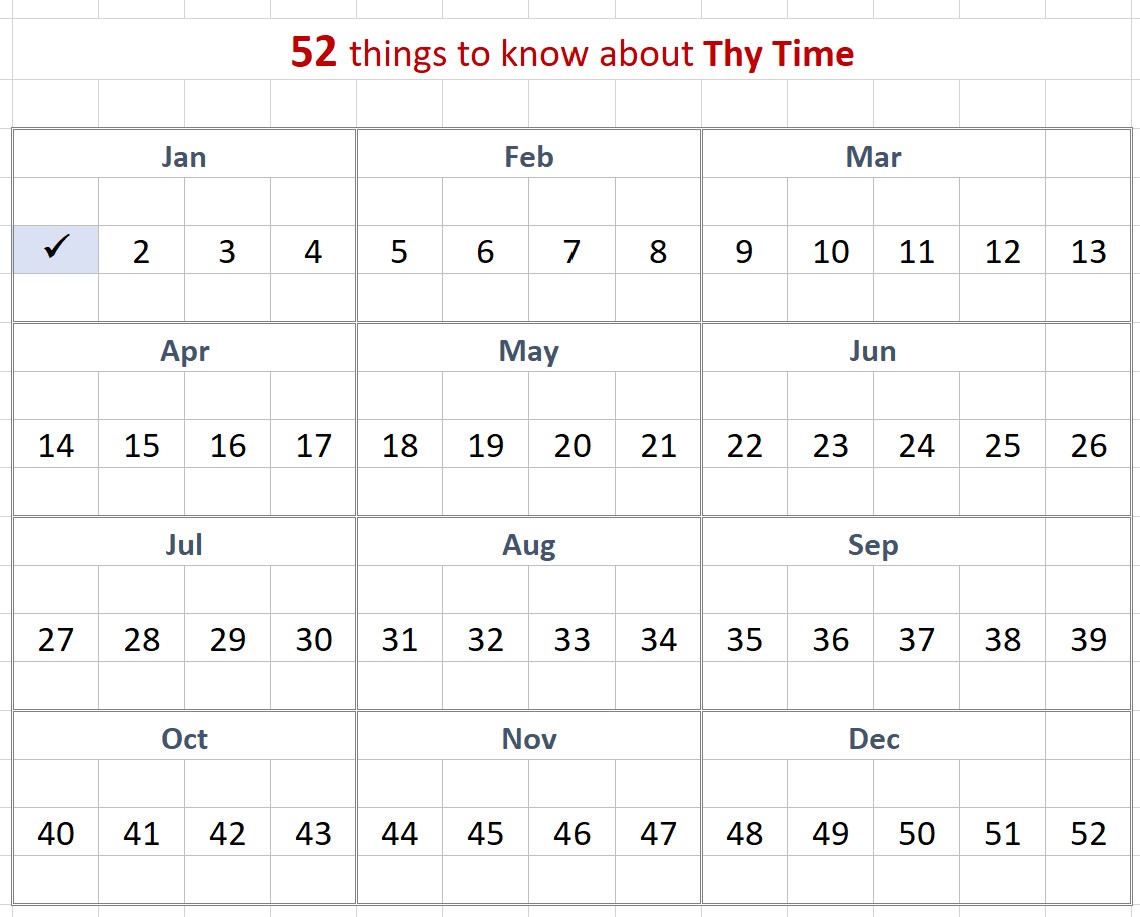1 of 52
- 01/07/2025

We have a tendency to overestimate what one can do in the short term and underestimate what one can achieve in the long term.
Specific cognitive biases and psychological mechanisms contribute
to this phenomenon. For example:
- Planning
Fallacy - People tend to underestimate the time, resources, or effort
required to complete a task. They may expect the task to go smoothly,
leading to an overestimation of their abilities in the short term.
- Future
Discounting - People tend to discount the future's value, meaning they
place more emphasis on the present moment and underestimate the benefits
of sustained effort over time.
- Self-Perception
and Identity - In the short term, people may be influenced by what
they feel they should be able to achieve or what they want
to accomplish, which can result in unrealistic expectations.
- Optimism
Bias - People tend to have an optimism bias, where they believe they
can accomplish more in a short period than is realistic.
Keep in mind all that as you make plans for the year ahead 😊
Happy New Year!